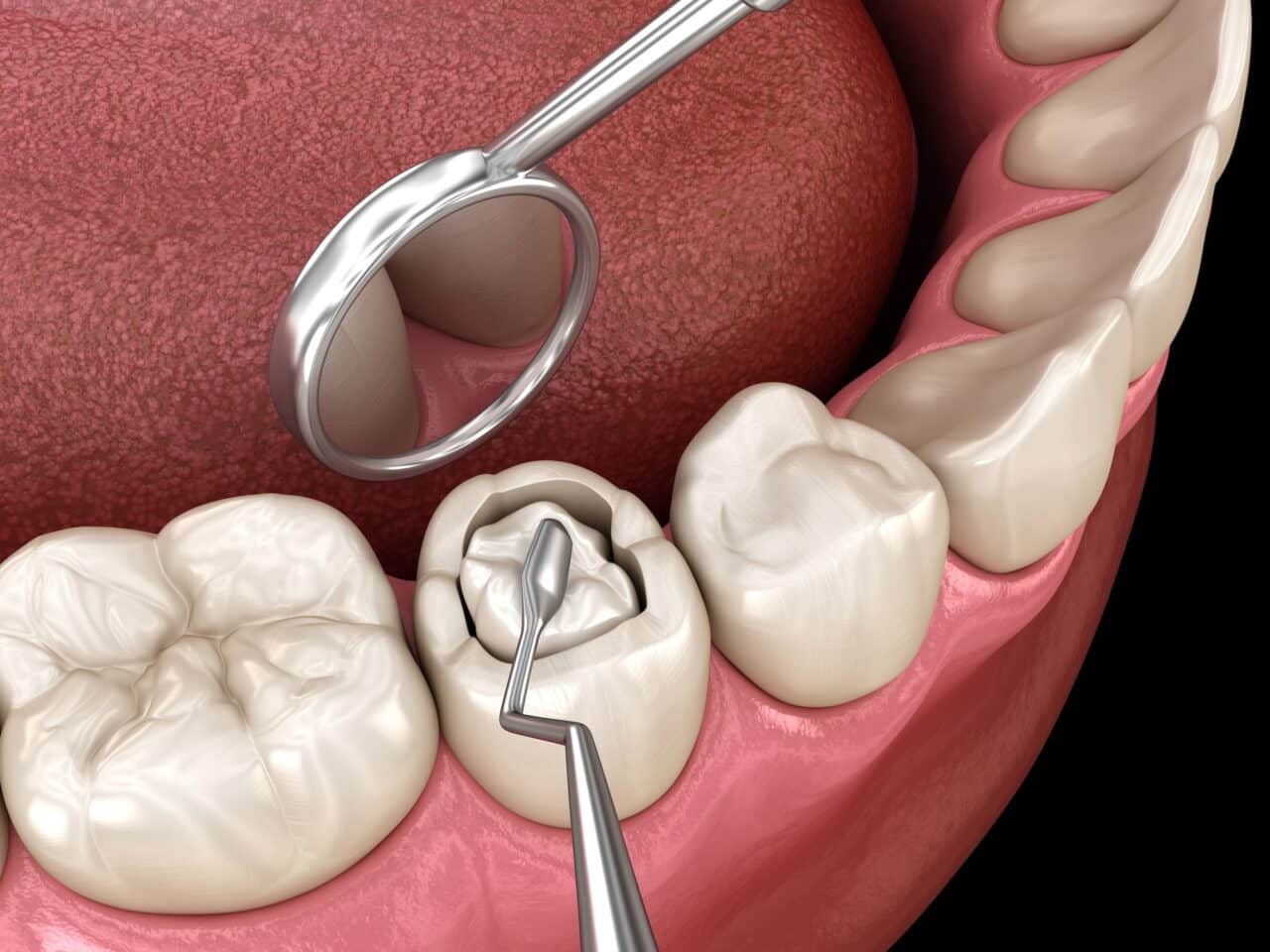When faced with a severely damaged or infected tooth, the choice between a root filling or extraction can feel overwhelming. This critical decision impacts not just your immediate comfort, but your long-term oral health, functionality, and even your wallet. While both procedures effectively address tooth pain and infection, they represent fundamentally different approaches – one aimed at preservation, the other at removal and potential replacement. Whether you’re currently experiencing tooth pain or seeking to understand your options proactively, this comprehensive guide will help you navigate the important choice between root filling and extraction, empowering you to make an informed decision that aligns with your health needs, lifestyle, and budget.
Root Filling or Extraction: Understanding Your Treatment Options
The Decision Between Root Canal and Extraction
When faced with a severely damaged or infected tooth, patients typically have two main treatment options: root filling (root canal therapy) or extraction. While both procedures address infection and eliminate pain, they differ fundamentally in their approach and outcomes.
Purpose and Treatment Goals
Root canal therapy aims to preserve your natural tooth by removing infected pulp, cleaning the canals, and sealing them to prevent future infection. Extraction completely removes the compromised tooth, which may then require replacement to maintain proper oral function.
Understanding Root Canal Therapy
What is a Root Canal?
A root canal procedure involves:
• Removing diseased pulp tissue
• Cleaning and disinfecting the root canals
• Filling canals with gutta-percha material
• Sealing to prevent reinfection
• Usually finishing with a crown restoration
When Root Canals Are Recommended
Root canal therapy is typically advised when:
• The tooth structure remains largely intact
• Infection is contained within the pulp
• No extensive cracks extend below the gumline
• Adequate periodontal support exists
Understanding Tooth Extraction
What is an Extraction?
Extraction involves:
• Complete removal of the tooth
• Elimination of all root structures
• Removal of associated periodontal tissues
• Creation of a socket that requires healing
• Potential need for tooth replacement
When Extraction is Necessary
Extraction becomes the preferred option when:
• Severe structural damage exists
• Cracks extend below the gumline
• Insufficient tooth structure remains
• Advanced periodontal disease is present
Treatment Comparisons
Pain and Recovery
Both procedures utilize local anesthesia for patient comfort. Modern root canal techniques are typically less uncomfortable than extractions, with most patients reporting minimal discomfort during and after the procedure.
Cost Considerations
While extraction may seem less expensive initially, the total cost often includes:
• Extraction procedure
• Potential bone grafting
• Replacement options (implant or bridge)
• Multiple follow-up visits
Root canal therapy usually involves:
• Initial procedure
• Crown placement
• Fewer follow-up visits
Long-term Impact
Preserving natural teeth through root canal therapy:
• Maintains normal bite function
• Prevents tooth shifting
• Preserves jaw bone density
• Avoids complex replacement procedures
Post-Treatment Care
Root Canal Recovery
• Temporary crown protection
• Careful brushing and flossing
• Regular dental check-ups
• Crown placement within recommended timeframe
Extraction Recovery
• Bite pressure on gauze as directed
• Avoid smoking and straws
• Soft food diet initially
• Consider timely tooth replacement
Making Your Decision
Key Factors to Consider
• Tooth restorability
• Long-term prognosis
• Overall treatment costs
• Personal preferences
• Treatment timeline
For personalized guidance on whether root filling or extraction is right for you, schedule a consultation with The Dentist LV. Our experienced team will evaluate your specific case and help you make an informed decision. Contact us today to learn more about your treatment options.


